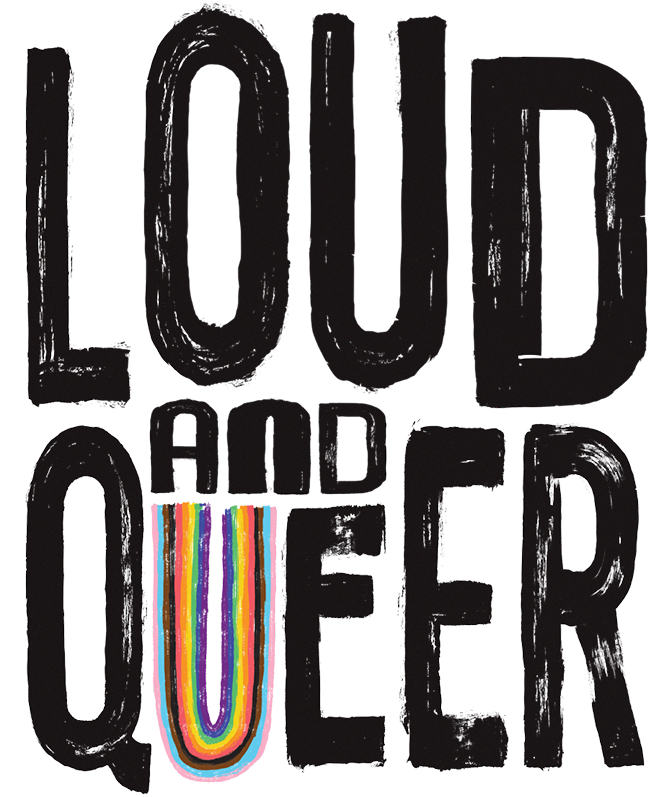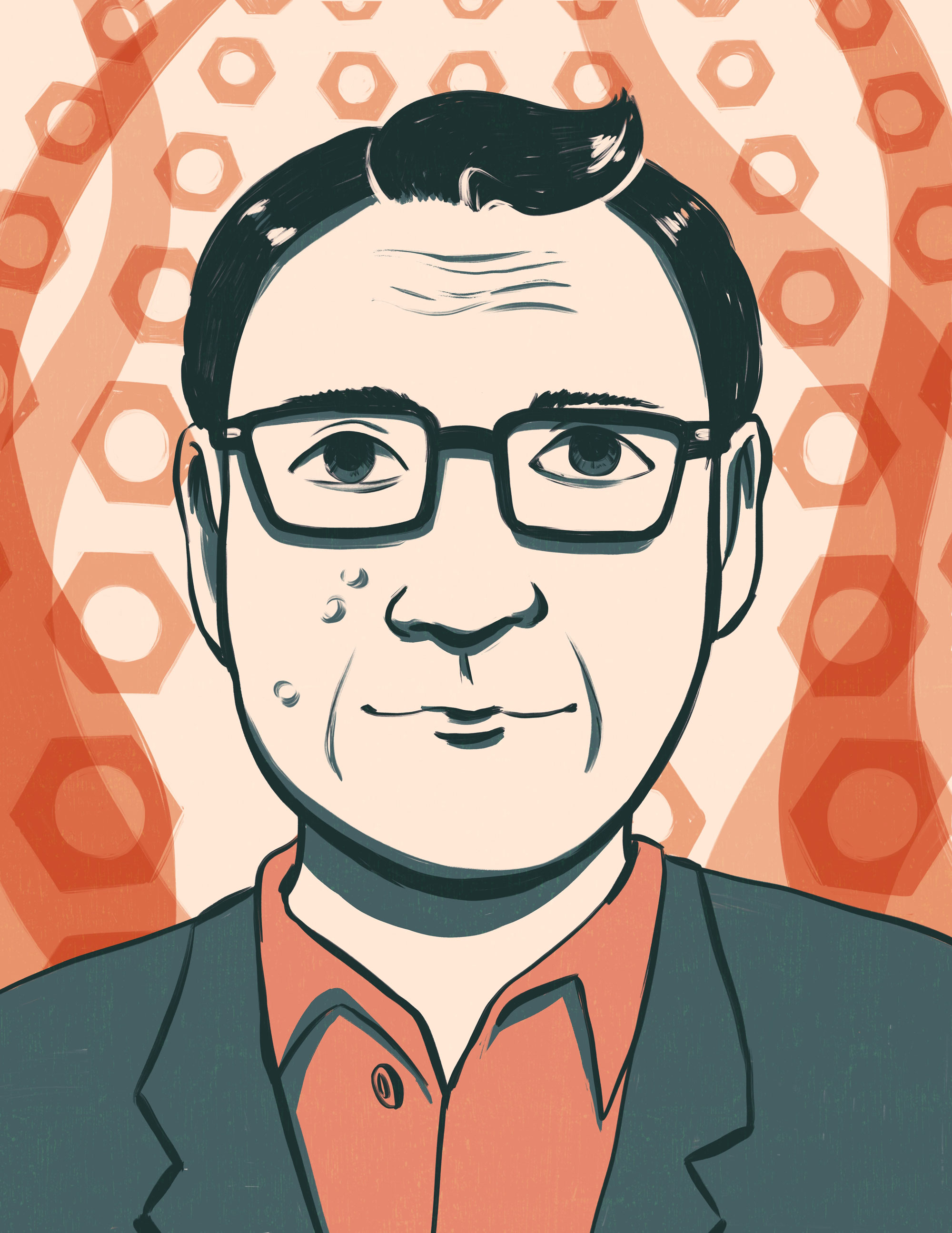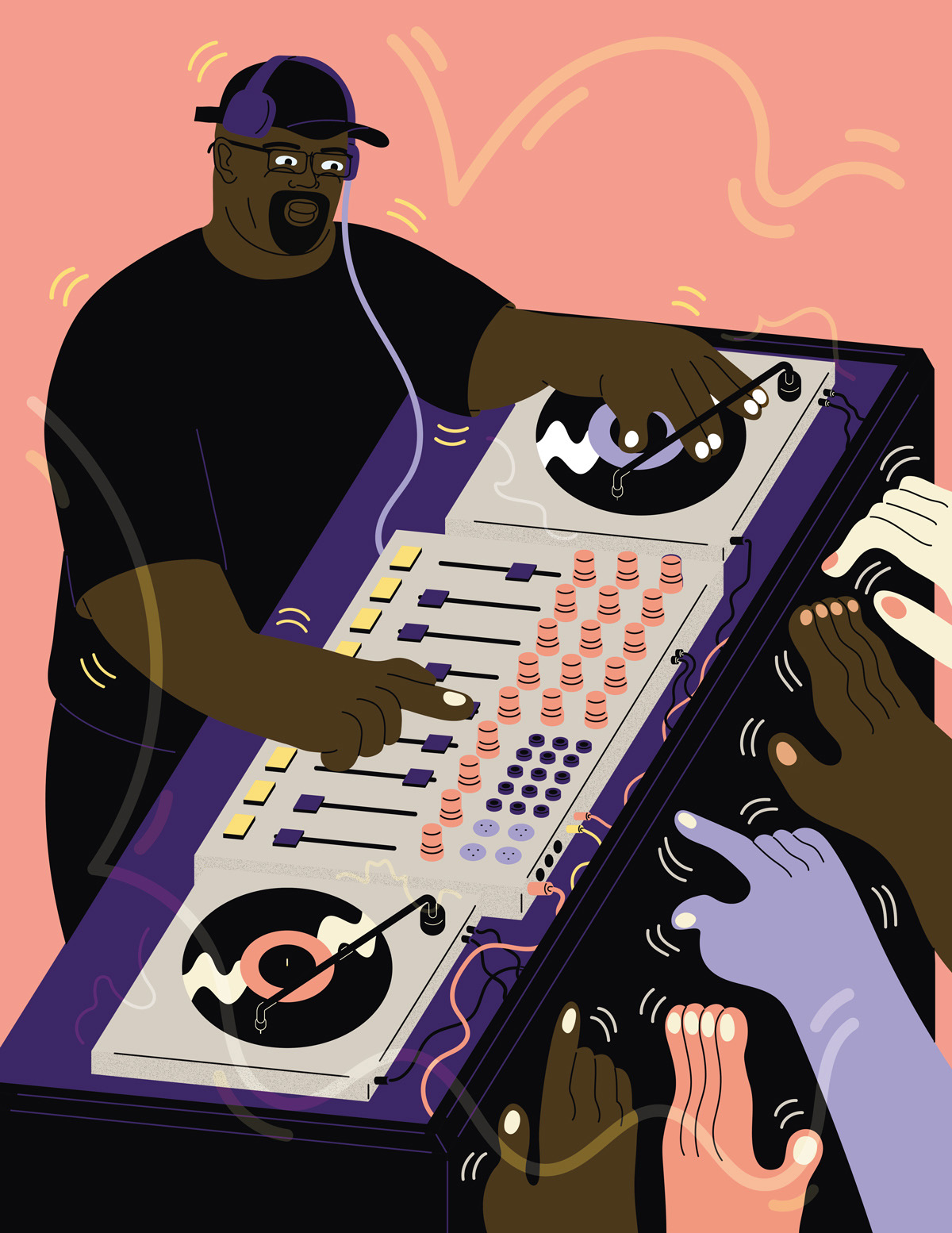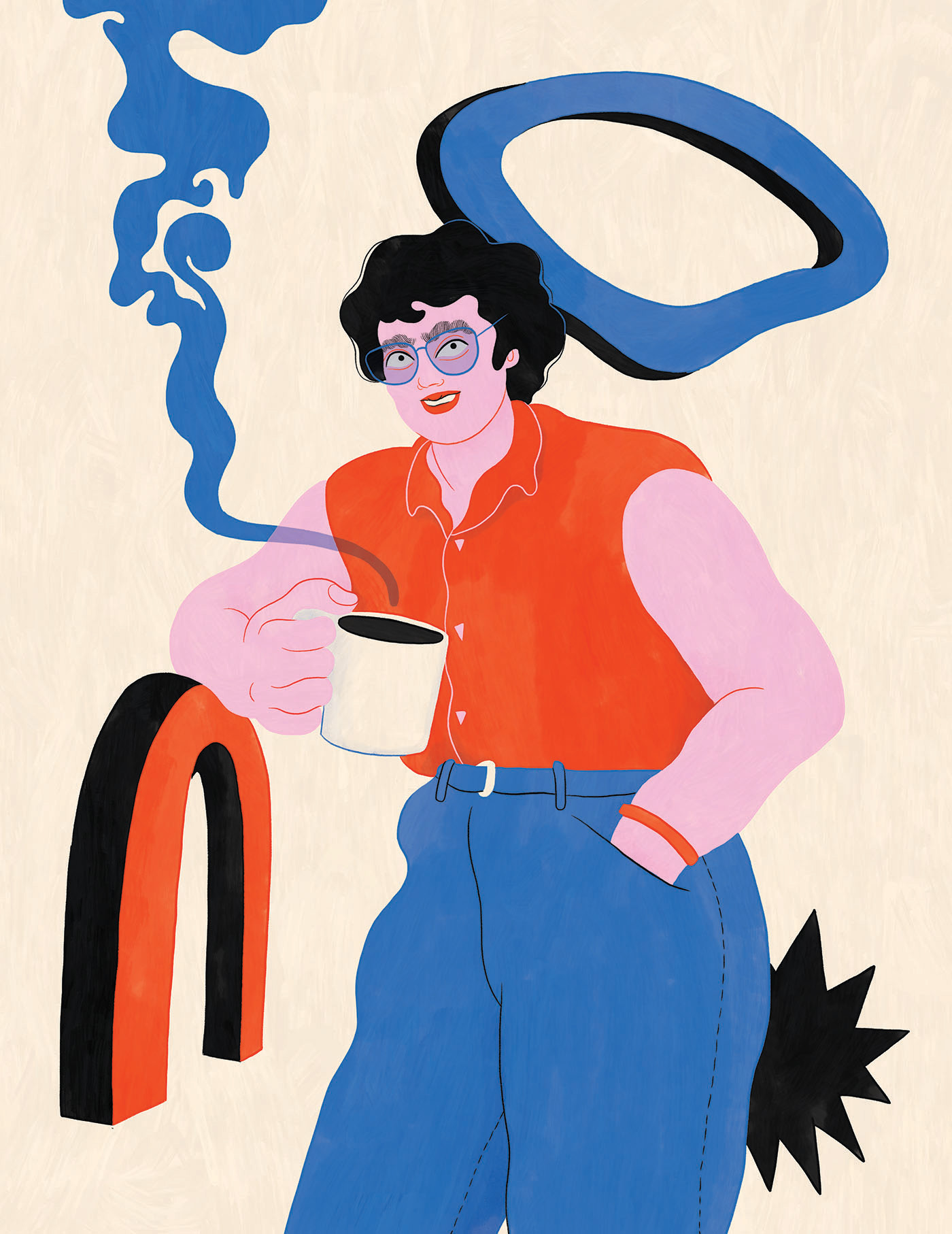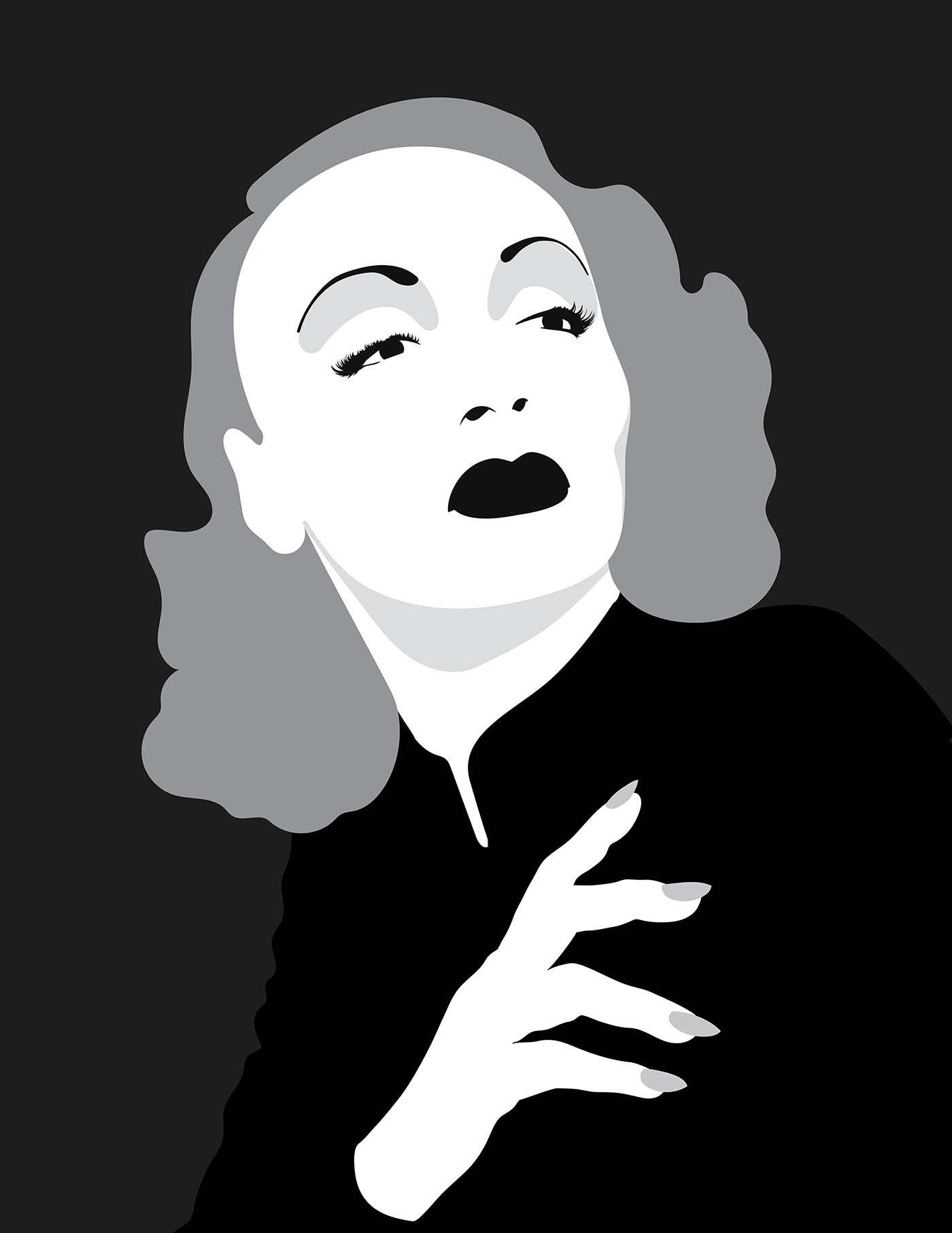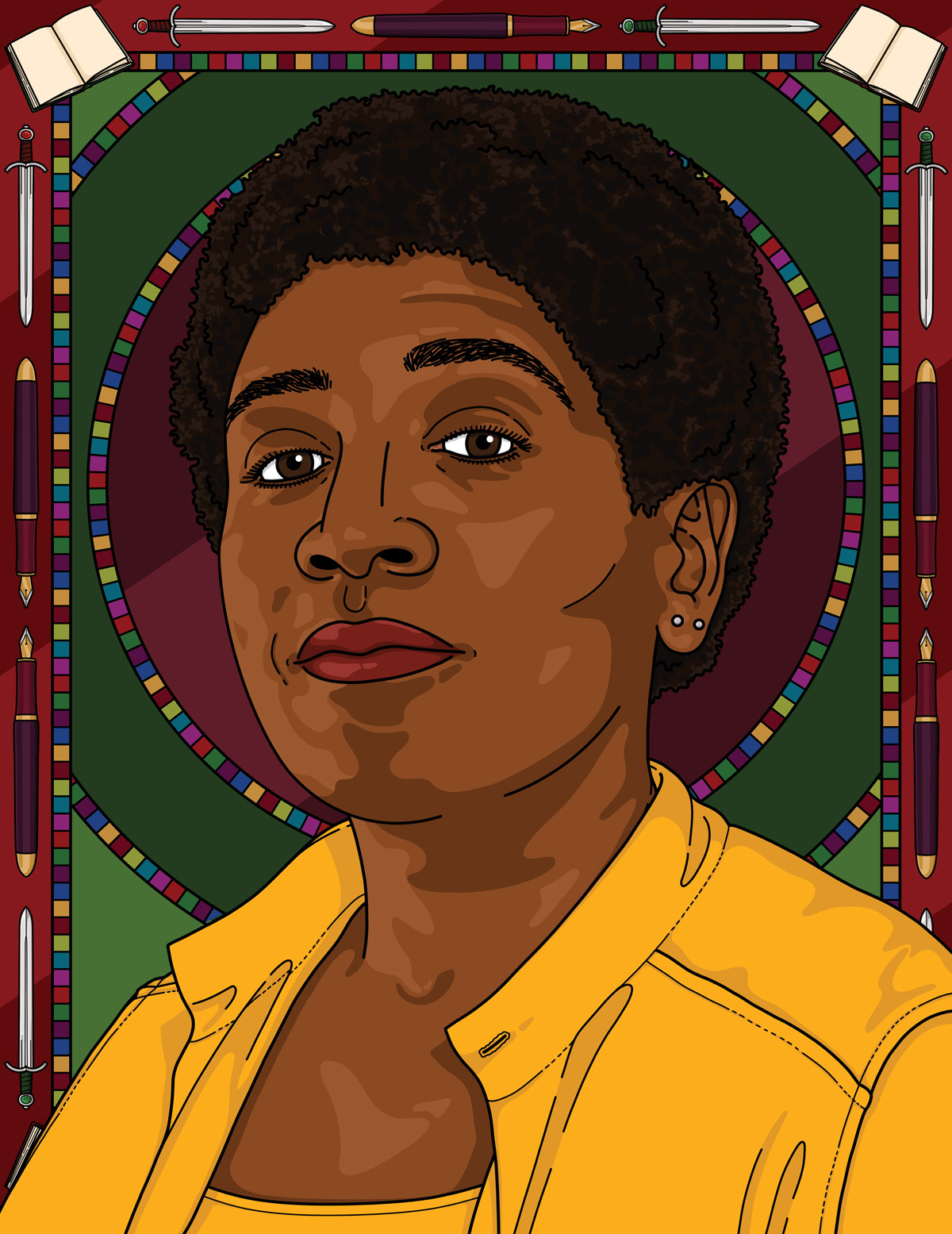
Audre Lorde
Artwork By:
Elly Rogers
Words By:
Ivan Esteves
Scroll Down


About

“Black, lesbian, mother, warrior, and poet”: it was through these words that the US-American political activist Audre Lorde defined herself. Considered today as one of the great figures of African-American intersectional feminism, she believed that the prejudices existing in our society could be more easily dismantled if marginalized people developed self-confidence. On that, she used to say: “if I didn’t define myself for myself, I would be crunched into other people’s fantasies for me and eaten alive”.
The feeling of never being fully welcomed was experienced by Lorde throughout her whole life. In the feminist movement, for example, she pointed out the oppression that white women exercised over black women. In the black movement, she denounced the homophobia and silencing that she suffered from being a lesbian. Lorde used to voice that, since she was born a black woman, she constantly needed to become a stronger person to enjoy the life she was given and to fight for a more dignified future for everyone.
Although she endured several hardships for belonging to discriminated groups, Lorde faced her own specificities in a positive way, sharing this perspective through her work. In a nutshell, she argued that minority groups are stronger when united, and should therefore act together in the struggle for a fairer society.
Lorde's ideas consolidated her as a thinker responsible for countless transformations in academia in the late 1980s. Her perception helped to build theories that do not ignore the relationship between race, class, gender and sexuality - and later disability - in the face of social injustices. Her thinking still motivates outsiders to not only resign themselves to acceptance, but to seek the construction of new forms of life through revolutionary action.

